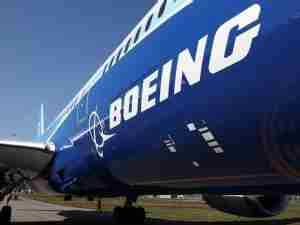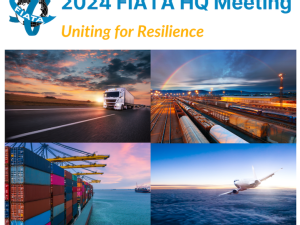As EU experts met to discuss the issue, Siim Kallas told reporters there was a need for a "rational, proportional" approach, recognising that there was already a high level of security, but that this could never be 100 percent effective.
Kallas said it was important to look at what could be done to improve the screening of air cargo, focusing on risky countries and unknown shipments, while "at the same time not killing the business -- that's very, very important".
"We need to use a range of control methods ... which would keep business running as well. We must not close the air cargo business ... no flights, no risk -- that's clear."
Concern over security of air cargo was heightened after two U.S.-bound parcel bombs sent from Yemen were intercepted in Dubai and Britain last week.
Abu Dhabi's Etihad Airways has stopped cargo shipments from Yemen and Somalia as a result, a spokesman said on Friday.
"Our intention is to have a rational approach, a combined approach, to use all existing possibilities, not to immediately start a panic," Kallas said.
More Burden than Benefit?
"What I am afraid of is that proposed measures could be too big a burden not only to companies but to airports to implement.
"Then we would face ... a situation where we have very good ideas -- some kind of total coverage of all possible risk, but actually we cannot implement these measures...and it creates a hole that is even more dangerous."
Germany has called for discussion of aviation security at a meeting of EU justice and home affairs ministers in Brussels on Monday and Kallas said the issue would also be addressed by EU transport ministers at a meeting next month.
He stressed the importance of coordination with the United States, which he said had significantly improved.
"We have today very good cooperation with the United States, so nothing has been proposed by the United States that has surprised (us), sometimes that has happened before," Kallas said, adding that it was important to aim for common approaches on both side of the Atlantic.
"Let's hope at least we will have a common understanding of what to do and we hope they will not introduce excessive measures based on total mistrust."
The U.S. transport watchdog, the Transportation Security Administration, vowed this week not to slow global trade by piling security measures onto the aviation industry.
Asked if he was concerned about Greek shipments handled by sub-contractors following a spate of parcel bombs sent to embassies in Athens and European governments, Kallas said:
"If we know exactly all the companies, all the chain of cargo, then it's of course much less risky ... if you have companies that are questionable, then all the consignments coming from these companies must be 100 percent scrutinised." (Reuters)











